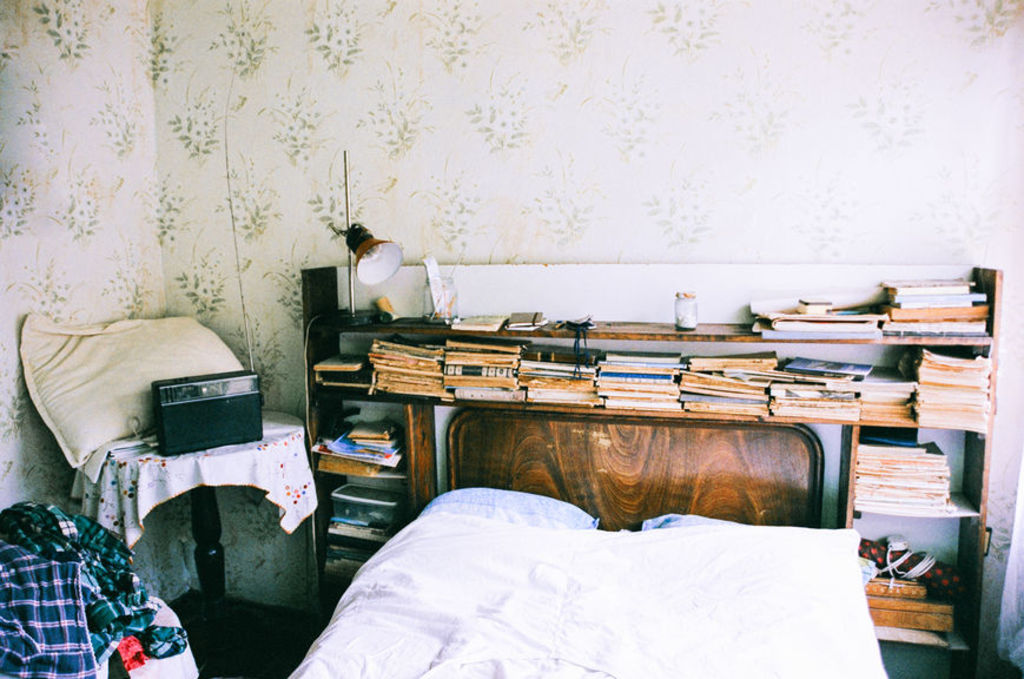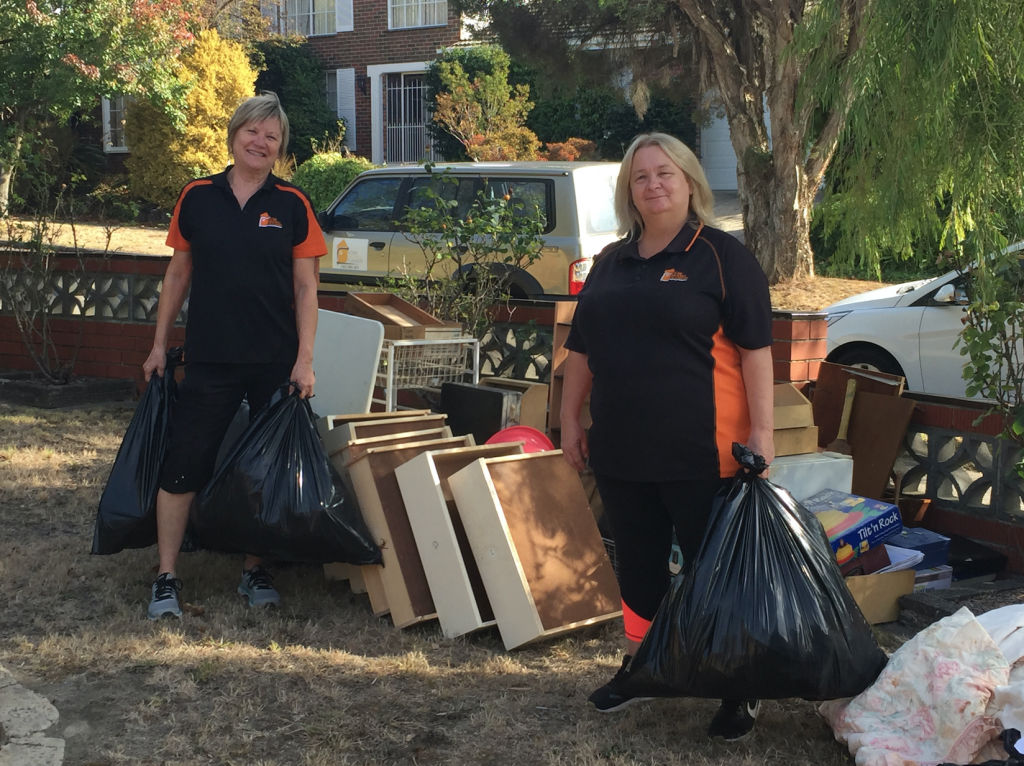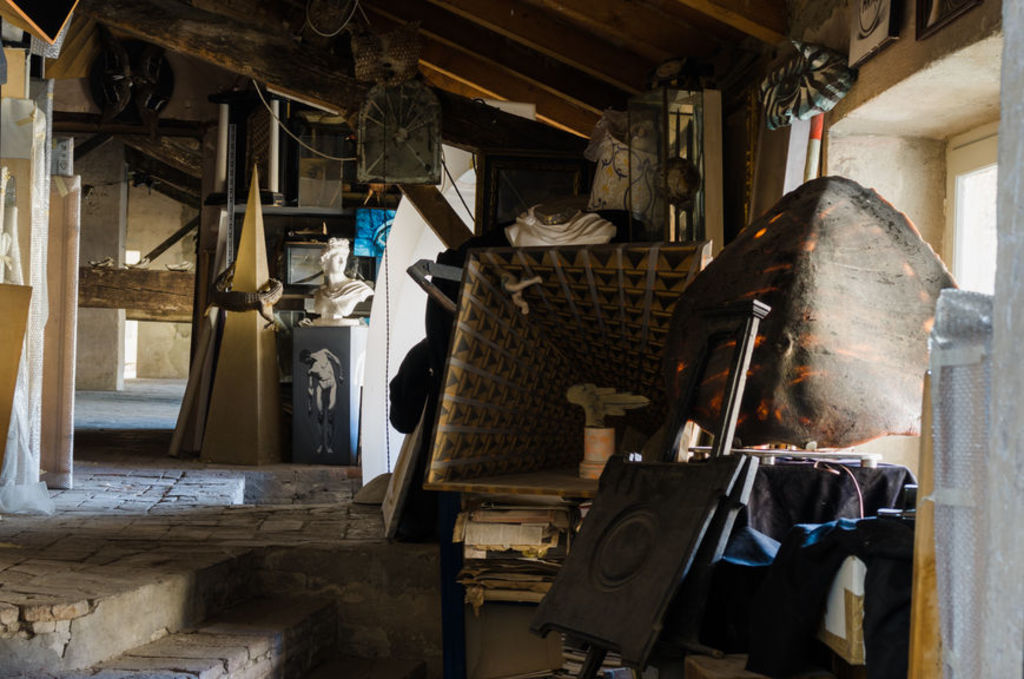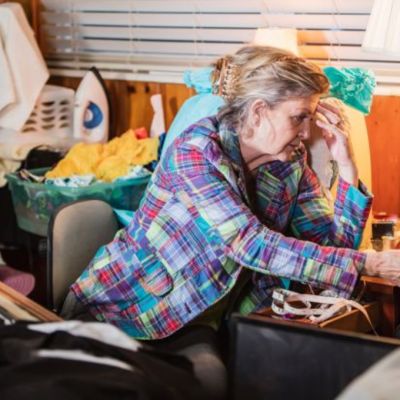'Sometimes it’s really heartbreaking': The reality of being an extreme cleaner

If a house is crammed with rubbish by a hoarder, someone dies, or an elderly person must go into care and is unable to clear out their stuff, what happens to their house?
That’s when extreme cleaners and organisers Jeanie St Ellen, 69, and Charlene Hayes, 51, step in.
They clear out the trash, pack up the valuables, and sell the furniture and white-goods for the owners. They clean, paint and restyle the house – often staging it for sale – in under a week. (In the past three months, Hayes and St Ellen have done 24 houses).
For elderly people going into care, they carefully curate belongings to help the person feel at home in their new accommodation. Or, “if it’s a deceased estate and the family doesn’t want to deal with it,” says Hayes, “we have to go through and find the will, the deeds, Grandma’s engagement ring. Sometimes it’s really heartbreaking.”
They have found antique guns, original Dali paintings worth millions of dollars, and money hidden in forgotten places.
Recently, they found 17,000 Australian pounds, a currency which was discontinued in 1966, rolled up in a seamstress’ clothing patterns and wadded in dirty tissues. “We have to be really careful,” says Hayes.
A favourite find was a collection of love-letters from a dying man to his wife, written 50 years ago.
“His son just cried when I put it in a cabinet for him,” says St Ellen.
Boss Lisa Eddy says, “It’s like a treasure chest. You never know what you’ll find for each family.”

Eddy started the business, Home Moving Planners, with her daughter, Jessica Eddy, 27, in 2012.
Working in aged-care had given her an understanding of the experience of elderly people transitioning to care. “They just don’t know what to do with their possessions,” she says.
People have collected a lifetime of belongings, and, “they’re really frightened. [They’re thinking:] ‘Are you going to look after them? Are you going to deal with them properly?'”
Their work is driven by compassion. “We pretend each house is our own,” says Eddy. “It’s very rewarding what we do.”
Hayes agrees. “Look at my arm!” she tells Domain, holding out her forearm. “I’ve got goosebumps talking about it.”
But it’s not all happy goosebumps. Some houses are extremely dirty and dangerous, and the women must wear protective clothing.
Hayes is terrified of spiders. And then there are the mice and rats. Domain witnessed firsthand the amount of mice poo they see on an average day. Spoiler: it’s a lot.

One country home they cleaned out had been abandoned in a hurry three years earlier. There was still food on the stove, dirty nappies lying around, and rats and insects had colonised the place.
“We took a kitchen cupboard to the tip, and it opened up, and about 500 mice ran out of it,” says Hayes.
Hoarders’ houses also affect them emotionally. “It’s an illness,” says Eddy.
Eddy tells of a house owned by a former newspaper editor who had collected every newspaper for 50 years. “You know how they used to have morning, noon and night deliveries?” says Eddy. “He kept every one.”
The rooms were stacked ceiling to roof, his shower was full of them, and he slept – and died – on a pile of newspapers, as his bed had long disappeared.
Eddy was anxious when the women were cleaning them out. “I had to check all the pilot lights were out,” she says. “One spark and the whole place would have gone up.”
Sifting through other people’s houses chock-full of belongings they’ll never use again has influenced how they conduct their own lives, and they each take a minimalist approach to living.
“You should see my house now,” says Hayes. “There’s nothing in it! I don’t want my children to have to deal with it when I’m gone.”
We recommend
We thought you might like
States
Capital Cities
Capital Cities - Rentals
Popular Areas
Allhomes
More








